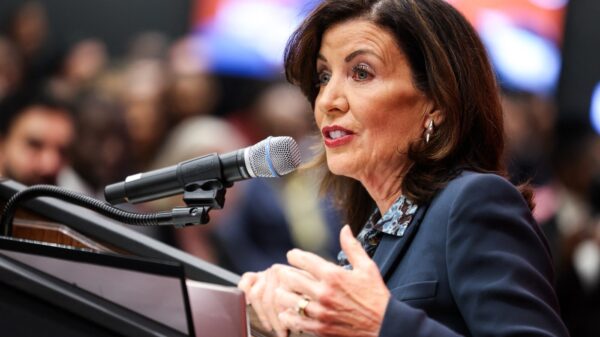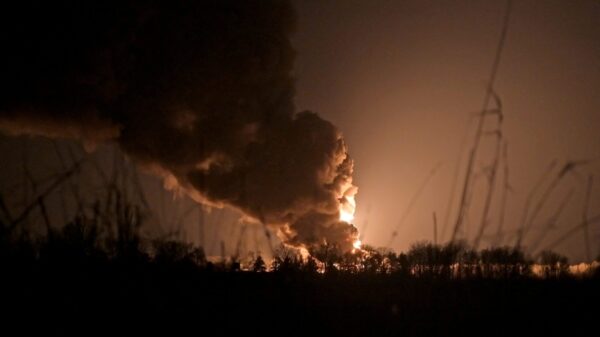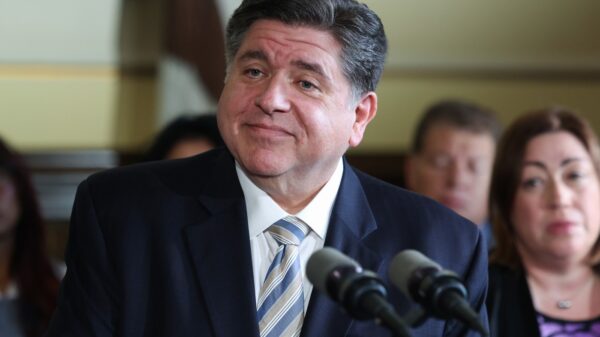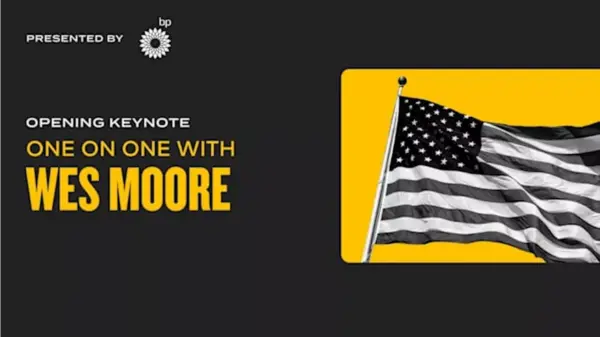The world is becoming increasingly perilous as trust in diplomacy erodes, pushing nations, particularly the United States, toward a heavier reliance on military power. This shift is occurring while American leaders appear more preoccupied with internal conflicts than with addressing international threats.
Experts warn that this trend could have dire consequences. The emphasis on military solutions over diplomatic engagement not only heightens global tensions but also risks entrenching the U.S. in protracted conflicts. This development comes at a time when international cooperation is crucial to address complex global challenges.
The Decline of Diplomacy
Historically, diplomacy has been a cornerstone of international relations, offering a means to resolve conflicts without resorting to violence. However, recent years have seen a marked decline in diplomatic efforts, with many countries, including the U.S., increasingly favoring military interventions.
According to a report from the International Institute for Strategic Studies, global military expenditure rose by 3.9% in 2022, reaching a record high. This increase reflects a growing trend of nations prioritizing defense spending over diplomatic initiatives.
“The shift away from diplomacy is a troubling trend that could lead to more conflicts,” said Dr. Emily Thompson, a professor of international relations at Georgetown University. “Diplomacy is often the first casualty in times of heightened tension.”
Internal Focus and External Risks
While the U.S. faces numerous external threats, domestic issues have increasingly dominated the political landscape. Partisan divisions and political infighting have overshadowed foreign policy discussions, leaving little room for comprehensive diplomatic strategies.
This internal focus is evident in the recent budget allocations, where defense spending has seen significant increases, while funding for the State Department and diplomatic missions has stagnated. Critics argue that this imbalance undermines the U.S.’s ability to engage effectively on the global stage.
“We are seeing a dangerous trend where military solutions are prioritized over diplomatic ones,” noted Elizabeth Shackelford, a former U.S. diplomat. “This not only limits our options but also increases the risk of conflict.”
Historical Parallels and Lessons
The current situation draws parallels to the Cold War era, when military buildups and proxy wars were common. However, unlike the Cold War, today’s geopolitical landscape is more fragmented, with multiple power centers and non-state actors influencing global dynamics.
During the Cold War, diplomacy played a critical role in preventing direct confrontations between superpowers. High-profile summits and arms control agreements helped manage tensions and avoid escalation. The absence of similar diplomatic efforts today raises concerns about the potential for miscalculations and unintended conflicts.
Moreover, the rise of new global challenges, such as climate change and cyber threats, requires cooperative solutions that military might alone cannot address. Experts emphasize the need for renewed diplomatic engagement to tackle these issues effectively.
Looking Ahead: The Need for Balance
As the world navigates this period of heightened tension, finding a balance between military preparedness and diplomatic engagement is crucial. Policymakers must recognize the limitations of military power and invest in strengthening diplomatic institutions and initiatives.
There is a growing call for a shift in priorities, with increased funding for diplomatic efforts and a renewed focus on multilateral cooperation. This approach not only enhances global stability but also aligns with the long-term interests of the U.S. and its allies.
“Diplomacy should be at the forefront of our foreign policy,” argued Dr. James Carter, a senior fellow at the Council on Foreign Relations. “It is the most effective tool we have for building a more peaceful and stable world.”
In conclusion, as global tensions rise, the U.S. faces a critical choice between continuing down a path of militarization or recommitting to diplomacy. The decisions made today will shape the international landscape for years to come, underscoring the importance of thoughtful and strategic engagement in world affairs.






































































